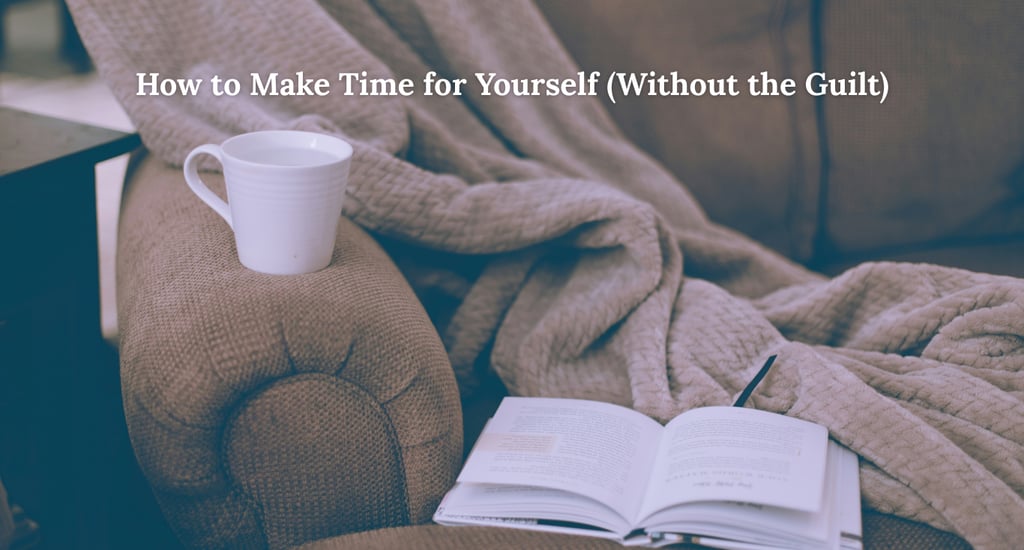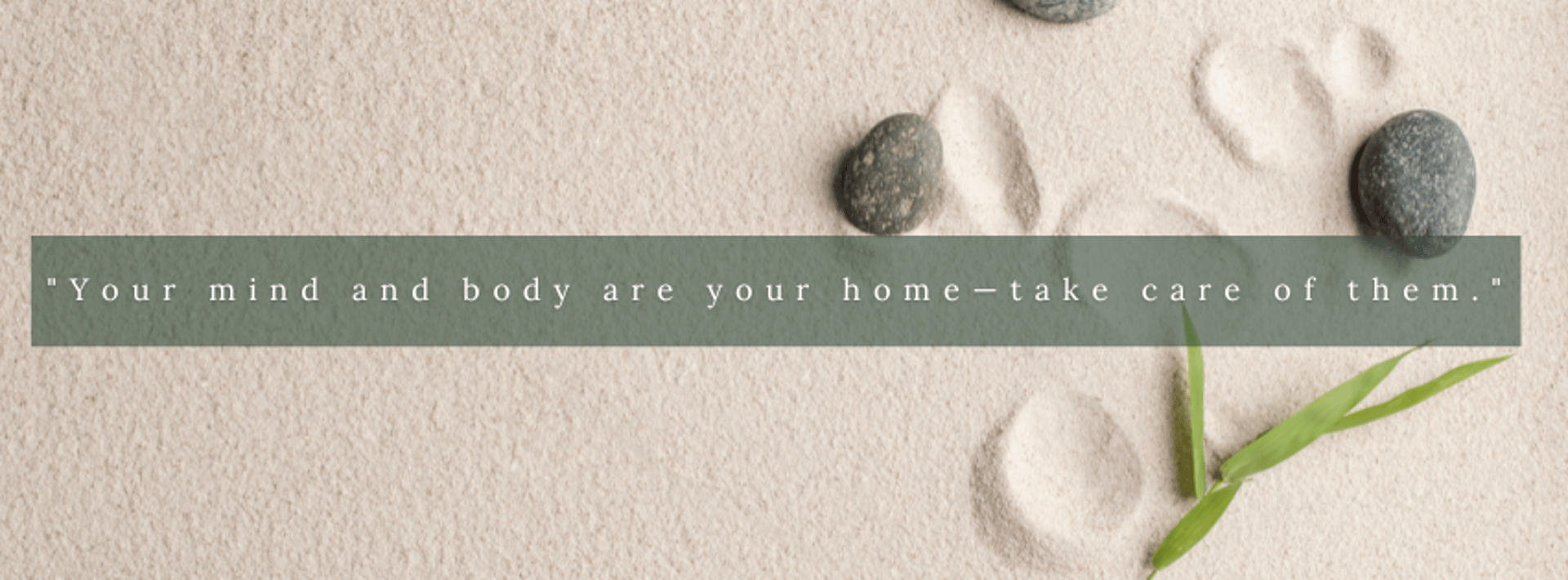How to Make Time for Yourself Without Feeling Guilty
Do you struggle to make time for yourself without feeling guilty? You’re not alone. Many of us push our needs aside, worrying that self-care is selfish. But the truth is, prioritizing yourself is essential for your health, energy, and happiness. In this post, you’ll find 7 practical, guilt-free self-care strategies you can start using today - from setting boundaries and creating rituals to reframing how you see rest. It’s time to take care of yourself without apology.
BLOG
9/4/20252 min read


Life often feels like an endless balancing act - family, work, errands, and responsibilities competing for your attention. Carving out even a little time for yourself, in the middle of it all, can feel impossible. And when you do try, that nagging voice of guilt often shows up: “I should be doing something more productive,” or “Am I being selfish?”
The truth is, making time for yourself is not selfish…it’s necessary. When you recharge, you’re able to show up as your best self in every area of your life.
If you’ve been struggling to make time for yourself without feeling guilty, here are some actionable ways to get started.
1. Reframe Self-Care as Essential
Instead of viewing “me time” as an indulgence, treat it like fuel. Just like eating or sleeping, rest and recharge are part of maintaining your health. Repeat to yourself: “Caring for myself helps me care for others.” That simple mindset shift can make a big difference.
2. Start Small
You don’t have to carve out hours every day. Even 10-15 minutes is enough to breathe, reset, and restore your energy. Take a short walk, read a few pages of a book, meditate, or enjoy your coffee without multitasking. Consistency matters more than duration.
3. Put It on the Calendar
You wouldn’t cancel an important appointment with someone else, so don’t cancel time for yourself. Block out “me time” on your calendar, even if it’s only 10 minutes. This will help you treat self-care as a non-negotiable rather than an option.
4. Be Honest About Your Needs
Most often, guilt comes from worrying about what others might think. (Shift your thinking here. Self-care is for you, not anyone else. Communicate openly: “I need a little downtime so I can recharge.” Most people will respect and support your need for balance - and you set a great example by modeling it.
5. Replace Guilt with Gratitude
When you feel guilty about taking a break, pause and reframe your thoughts. Instead of focusing on what you’re “taking away,” focus on what you’re “adding.” For example: “I’m grateful for this moment to breathe. This will help me have more energy and patience.” Gratitude helps silence guilt.
6. Learn the Power of “No”
Every time you say “yes” to someone else, it may also mean a “no” to yourself. Before committing, ask: “Do I truly have the time and energy for this?” If the answer is no, it’s okay to decline. Setting boundaries is a form of self-care.
7. Create a Daily Ritual
A ritual makes self-care automatic rather than something you need to “find” time for. It could be journaling in the morning, an evening skincare routine, a midday walk, or just sitting and enjoying the silence for even 5 minutes. When self-care becomes a habit, guilt has less room to creep in.
Final Thoughts
Taking time for yourself doesn’t make you selfish - it makes you sustainable. Rest does not have to be earned. And you most certainly don’t have to feel guilty about needing it. By making small shifts, setting boundaries, and treating self-care as a necessity, you’ll find yourself more balanced, energized, and ready to face life’s challenges.
✨ Remember: You can’t pour from an empty cup. Fill yours first.
With Love,
Radiance Retreat

